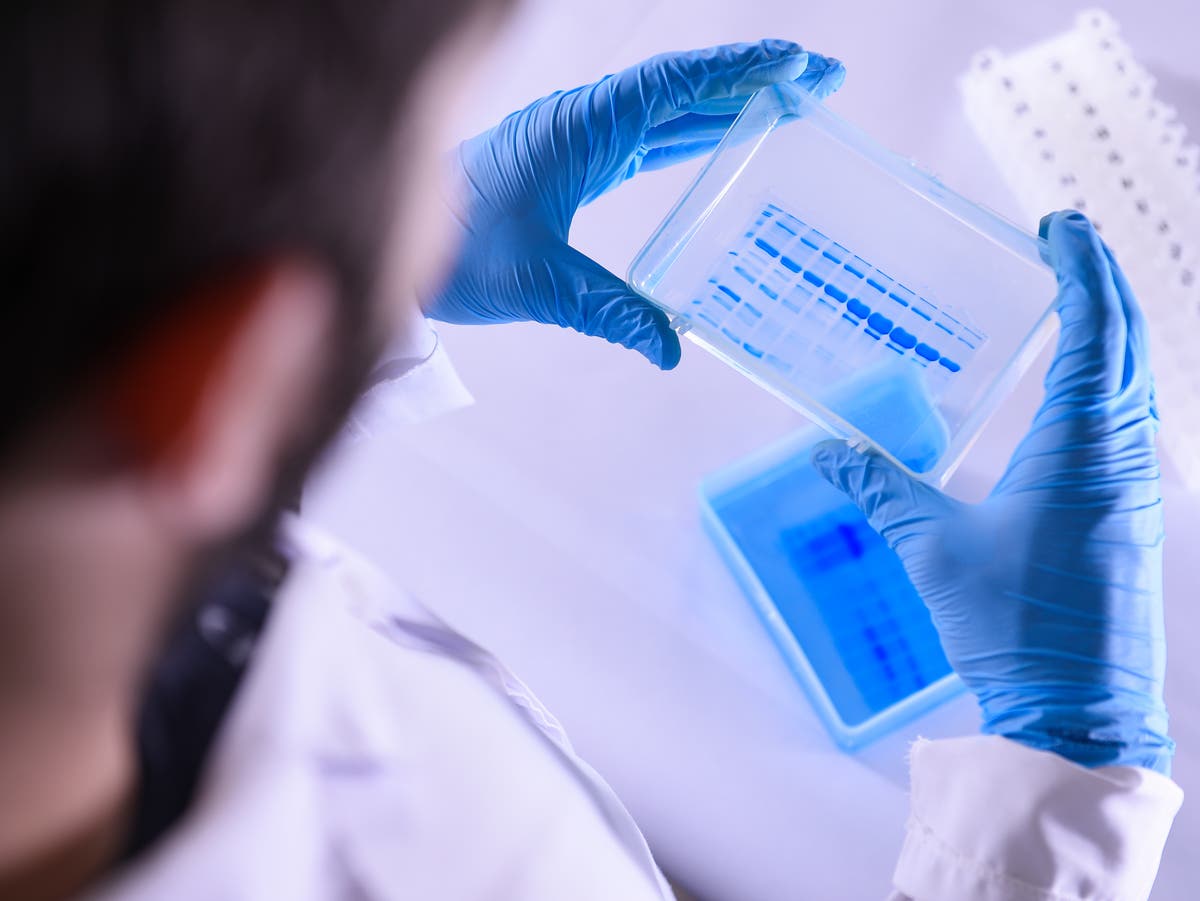UKSHA (United Kingdom Health Safety Board) has officially designated the omicron variant derivative an “investigative variant”.
Only 53 cases of BA.2 were detected in the UK as of January 10, the UKHSA said.
In contrast to the original omicron variant, which accounts for the vast majority of infections in the UK, BA.2 lacks a single mutation that has been used as a proxy indicator for first tracing and comparing early spread with last month’s delta variant.
UKHSA said further analysis of the subvariance would be carried out.
“The nature of viruses is to evolve and mutate, so hopefully we’ll continue to see new variants emerge,” said Dr. Meera Chand, the agency’s chief incident officer.
“Our constant genomic surveillance allows us to detect them and assess whether they are relevant.”
BA.2 has spread rapidly in places such as India and the Philippines, and early signs suggest it is expanding in the UK, Germany and Denmark. It is not clear where the subvariant first appeared.
There are some indications it may be more contagious, but experts say there is no conclusive evidence so far. It is also not known whether BA.2 causes more severe disease than the original omicron variant.
Tom Peacock, a virologist at Imperial College London, spoke to Yahoo News and noted that preliminary data “show no dramatic difference in severity compared to BA.1 [ómicron]”.
“There may be minimal differences in vaccine effectiveness against BA.1 and BA.2.”

“Certified introvert. Devoted internet fanatic. Subtly charming troublemaker. Thinker.”







